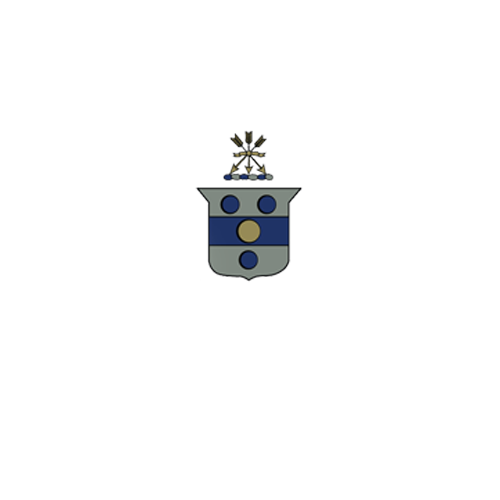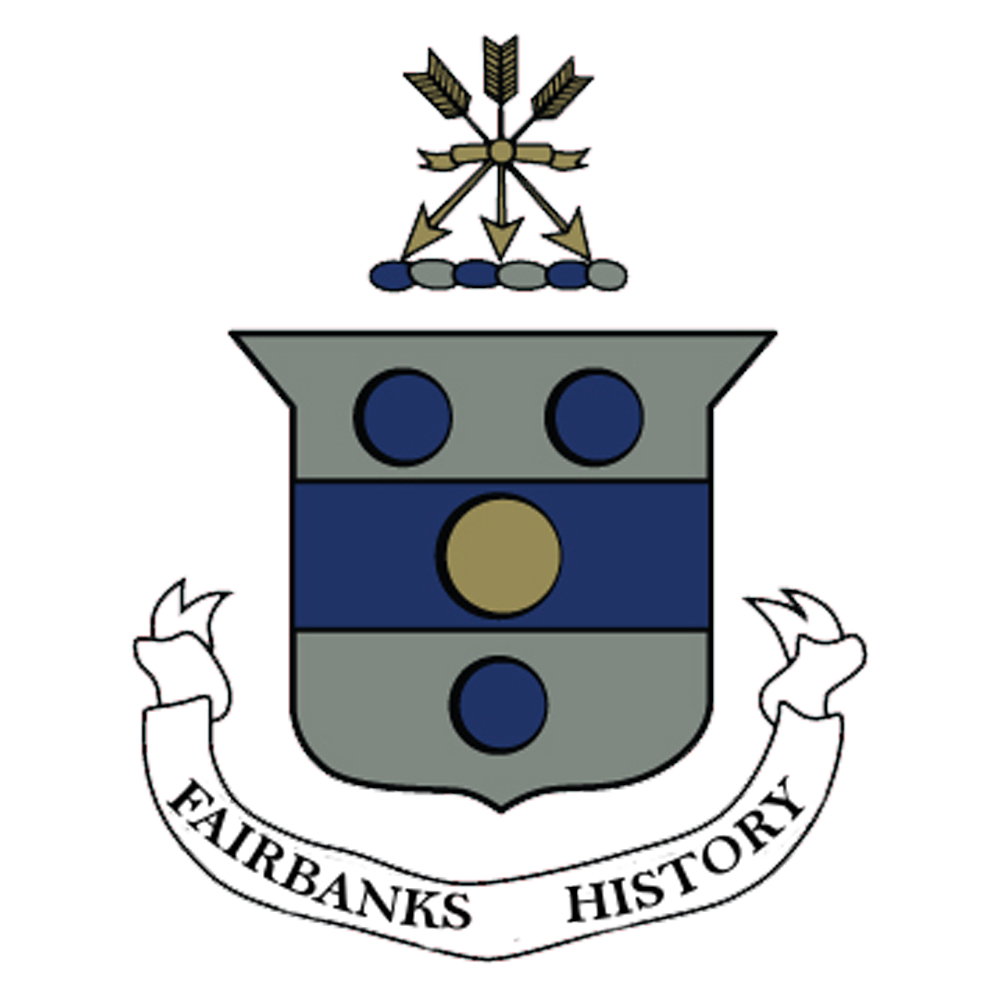Fairbanks Before and During the American Revolution
The original Fairbanks family in the Massachusetts Bay Colony made contributions to the development of our nation even though they remained citizens of England. Each generation after them has made their mark on developing and sustaining the independent democracy of this nation. At the end of this blog, I will diverge to about 100 years after the death of Grace Fairbank (1674) to the beginning of the Revolutionary War.
How the Original Family Contibuted to the Massachusetts Bay Colony as Englishmen
Everyone who arrived in this New World and settled the English colonies was an English citizen. Their purpose here in the sight of the English government was to work for England. They were either sending back trade items: tobacco, fish, furs, wood etc., or they were developing the country in the race for dominance over the Dutch and French who also saw this as a land of opportunity for the taking.
Jonathan Fairbanks, the patriarch, couldn’t vote or hold an office in the Massachusetts Bay Colony (MBC) Government because he didn’t join the colonial Church of Dedham until 1646. It was initially a requirement to belong to a Puritan church to become a freeman and eligible for those priviledges. He could, however, vote in Dedham town affairs as a proprietor and act on committees of the town.
George Fairbanks, the second son, joined the Massachusetts Military Company in 1644 along with other Dedham men. This was an elite military group that trained monthly in Boston. They used the newest weaponry to prepare to protect the MBC. The Massachusetts Millitary Company was aligned with the Ancient and Honorable Artillery of England and later took on the first parts of that name. The Massachusetts Company is the oldest chartered military organization in the western hemisphere
Jonas Fairbanks worked in the forge of the first successful ironworks in all of the western colonies. It was called Hammersmith then. Now it’s known as Saugus Ironworks. It manufactured cast and wrought iron for both England and the Colony. It helped make the Colonies independent of the need for iron and iron goods from England. His stint at the ironworks was in 1651 and 1652 as found on the Ironworks Papers at Baker Library at Harvard University Business School. He was there just before Hammersmith began to have internal difficulties which brought its demise.
Jonas worked at Hammersmith at the same time Joseph Jenkes, a blacksmith, was granted rights to set up an independent blacksmith there. Jenkes received many of the first patents in the Colony and was significant in some early political changes such as making the die for the Pine Tree coin. This created some contention with King Charles II which resulted in unrest between England and her colonies.
First Signs of Government Dissatisfaction
Governmental dissatisfaction was one of the reasons for the Great Migration. For one, the emigrating Englishmen wanted to get far from the scrutiny of the government, so they could practice their chosen religion freely.
When Massachusetts Bay Colony set up government, it tried to enact a measure which was not popular with the people. The governing body of the Massachusetts Bay Colony wished to tax all towns in order to stockade a coastal community, Cambridge, for the protection of all. They levied a tax to accomplish this, but Watertown said they would not agree to the tax because it was taxation without representation.
From 1642-1651, England was embroiled in a Civil War on that Continent. The unrest reached much further. Even during that time there were attempts to take back the charter of the Massachusetts Bay Colony.
By 1660, King Charles II took the throne. In 1662, he was disgruntled by the colonies, particularly the Massachusetts Bay Colony (MBC). The Navigation Act, which required the Colony’s ships to port in England before going to any other ports with their goods, was a source of contention. King Charles II didn’t like that MBC was minting her own money, the Pine Coin. The Colony sometimes melted English coins to make their new coins and stamped a tree on it instead of the likeness of the King. There were other concerns between England and MBC inciting Dedham to draw up a petition of support for the MBC Government in May of 1665 (DTR Vol 4, p.277-78). Jonathan Fairbanks signed that petition three years before his death.
In the interceding years many wars were fought on Colonial soil. These collectively were called the French and Indian Wars. There are numerous citations of the contributions of the Fairbanks and Prescott during that time.
June 4, 1773, Dedham “ Voted; that as so many political evils have been brought about by an unreasonable liking to the use of tea, and as we are convinced that it is baneful to the human constitution, we will do all in our power to prevent the use of it in time to come; and if any shall refuse to comply, at least till such time as the Act imposing a Duty theron shall be repealed, we shall consider them as unfriendly to the liberties of the people, as well as giving a flagrant proof of their own stupidity under a most grievaous oppression.” Frank Smith History of Dedham
In December 1774, there was a large meeting in Boston of the Sons of Liberty. In Dedham, Dr. Nathaniel Ames and a few others participated in the local Sons of Liberty according to Robert B Hanson in Dedham 1636-1890. The Dedham Museum and Archive have no records of anyone from Dedham participating in the “Tea Party.” George Robert Twelves Hewes, a man from Wrentham, participated in the Boston Tea Party. Two of Jonathan and Grace’s sons, John and Jonathan Jr., had land and/or a house in Wrentham early and still had family in that area.
Fairbanks family members attended the reenactment of the Boston Tea Party December 2024. The Fairbanks House contributed tea to be dumped into the bay in commemoration of that event.
Fairbanks and Dedham in the Revolutionary War
Through the whole Revolutionary War, there were soldiers marching both ways through Dedham. The Old Fairbanks House was witness to these movements. At the time of the War, Jonathan’s Great Grandson X3, Ebenezer Sr.(1732-1812) #48 LSF, lived in the house. When his son, Ebenezer Jr. (1758-832) (#112 LSF), came of age or was married in 1677, the eastern building was added to the original house. (Abbott Lowell Cummings’ The Fairbanks House, page 25) Presumably Ebenezer Jr. occupied that portion of The Old House. It is documented in LSF (Lorenzo Sayles Fairbanks’ The Genealogy of the Fairbanks Family) that both Ebenezer Sr. and Jr. participated in the Revolutionary War. Ebenezer Jr. is listed on the Lexington Alarm Rolls and on Miscellaneous Services.
Lexington Alarm Rolls
April 19, 1775, The Lexington Alarm was raised. Six companies in Dedham were mustered to form a platoon to march out first while men from remote parts of town gathered later. This would have been planting season, so many men were in the fields. There were 300 men who marched from Dedham leaving the town without men except those younger than 16 and older than 60. Frank Smith
Fairbanks Descendants on the Lexington Alarm rolls Found in LSF page 856 -57
Dedham - Aaron, Benjamin, David, David, David, Ebenezer Jr., Israel and Israel Jr. Fairbanks
Dedham - Hezekiah, John, Joseph, Nathan, Jonathan Metcalf
These have not been confirmed descendants of Mary (Fairbanks) and Michael Metcalf Jr.
Dedham - Ralph Day
Not confirmed to be a descendant of Susan Fairbanks and Ralph Day
Wrentham - Asa, Joel, John, Fairbanks
Medway, Sherburne -Abija, Ebenezer, George, Jotham Fairbanks
Many other Fairbanks in other towns were cited.
Bunker Hill (Coat Rolls)
Frank Smith in his book, History of Dedham, writes that seventeen Dedham men fought at Bunker Hill. Seven died and eleven were wounded. There were three Fairbanks men from Dedham and more Fairbanks from surrounding towns. In the Revolutionary lists by LSF it doesn’t appear that any Fairbanks are listed as dying in that battle.
Dedham - David , Israel, William Fairbanks
Dedham - Nathaniel Metcalf
Not confirmed as descendant of Mary (Fairbanks) and Michael Metcalf Jr.
Wrentham -Asa Fairbanks
Medway - Jotham, Silas Fairbanks
Many other Fairbanks in towns in the MBC sent men to this battle
Continental Army
No Fairbanks men from Dedham are listed in the Continental Army by LSF. However, ten Fairbanks from other towns are named. In one source, it is said that Dedham men were so heavily enlisted early that they commissioned mercenaries to take their places in later battles.
America250 Celebration
The whole Nation is already celebrating the 250th anniversary of the events that led up to the signing of the Declaration of Independence of the Colonies from England. This celebration will culminate on July 4, 2026. The Fairbanks Family, Inc.’s culmination will take place at the 2026 National Family Reunion anticipated to be held July 11, 2026.
The Fairbanks House wants to celebrate and remember all our ancestors that made our independence and democracy possible before, during, and immediately after the Revolutionary War.
Fairbanks members have already attended the reenactment of the Boston Tea Party on December 15, 2023. They assembled with the crowd at the meetinghouse in Boston and followed the reenactors in their march to the harbor to dump the tea in opposition to England’s Tax on Tea. You will note abo, Dedham voted that tea would not be used during the time of taxation.
In the Genealogy of the Fairbanks Family 1633-1897 by Lorenzo Sayles Fairbanks, many families recognized their Revolutionary War Patriots. Some discussed their participation in some detail. We are again asking families to memorialize their ancestors by sending a short description of your Patriot or Loyalist activities during the critical times shortly before, during, and after the War.
A form will be sent out shortly to those on the blog notification list and the members of The Fairbanks Family in America, Inc. This will help establish your one page description of your ancestor and his or her activities. We will not limit the Revolutionary soldiers to those who carried the Fairbanks name, but include will only include those who descended from the original family. If you do not receive a form, please contact this website by using the sidebar or Homestead@FairbanksHouse.org
Note: Any information received may be published on The Fairbankshouse.org website, Facebook, this blog, and on various other media and material. The information may or may not be verified. If errors are found, the information may be altered if documentation is available. Editing may be done for size, clarity, and other publication requirements.
I hope you join us in memorializing our ancestors who made this country what it is today.
Up Next!
The Oldest and Youngest Fairbanks who fought
in the Revolutionary War












